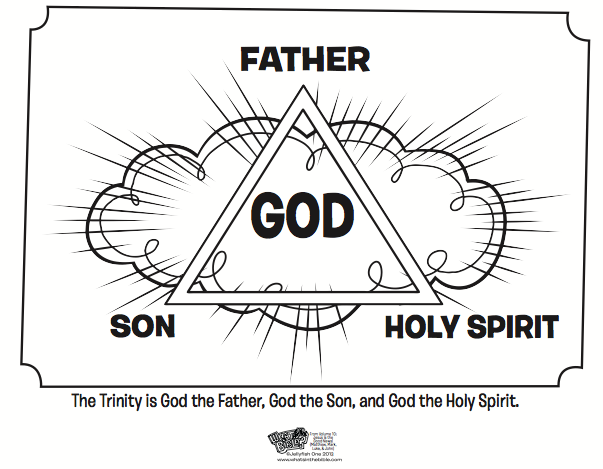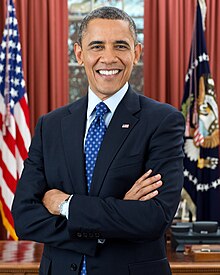"I have manifested Your name to the people whom You gave Me out of the world. Yours they were, and You gave them to Me, and they have kept Your word. Now they know that everything that You have given Me is from You. For I have given them the words that You gave Me, and they have received them and have come to know in truth that I came from You; and they have believed that You sent Me. I am praying for them. I am not praying for the world but for those whom You have given Me, for they are Yours. All Mine are Yours, and Yours are Mine, and I am glorified in them."
- John 17:6-10
Catholic teaching and its Arminian handmaiden hold that the predestination taught in the Bible, something taught so clearly that they do not even deny it, is based on something foreseen in the elect. That is, God has foreseen their faith, and thereby elected them to salvation. This inversion of cause and effect is comparable to a teacher who assigns grades at the beginning of the term on the basis of the work that his students will do during the course of the year.
In contrast, the passage above makes plain that election isn't primarily an issue of the individual believer, but rather an element of the eternal relationship of the Persons of the Trinity. It is this covenant within the Trinity that has traditionally been called the covenant of redemption or covenant of peace. We aren't elect in a free-standing sense, but rather elect particularly in Christ. We see the same truth in John 10:28-29. In return, the Second Person is promised glory over all things (Hebrews 2, especially verse 9).
Conflict Resolution
2 days ago









